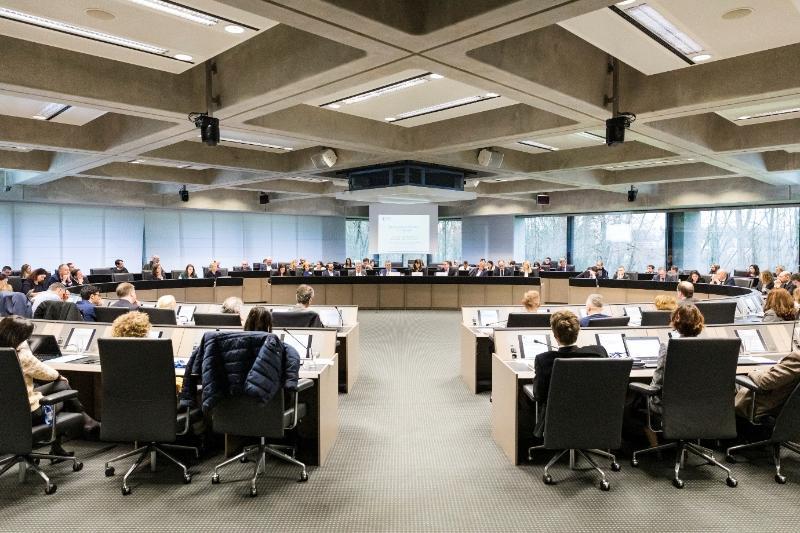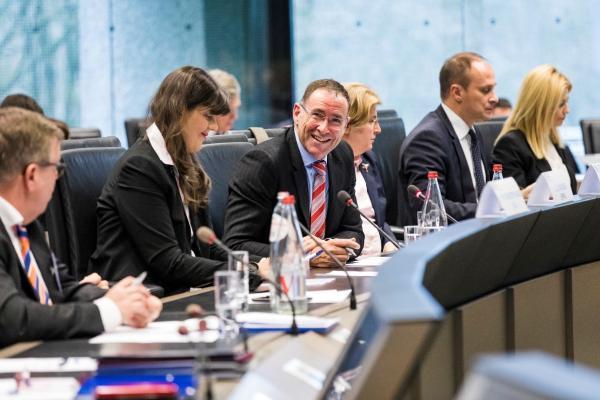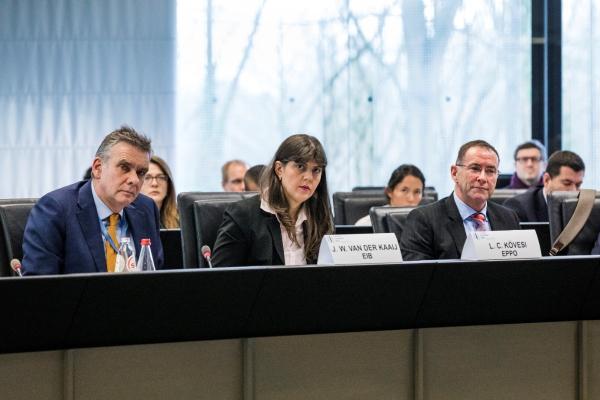On 9 December 2019, on the occasion of the International Anticorruption Day, the EIB Inspectorate General’s Fraud Investigations Division organised the 4th EIB Anti-Corruption Conference. The conference gathered around 150 representatives from the EIB Group, national anti-corruption and anti-fraud authorities, European and international organisations, civil society, private sector and academia and aimed at raising awareness to the fight against fraud and corruption in Europe and worldwide.
9 December marks the adoption of the United Nations Convention Against Corruption (UNCAC) in 2003. Why is this day important to the EIB Group? In his introductory remarks, the Inspector General, Jan Willem van der Kaaij, underlined that the Bank seeks to align its policies and procedures with UNCAC, which remains the only legally binding universal anti-corruption instrument. In addition, the EIB plays an integral role in the EU’s efforts to ensure the implementation of the 2030 Agenda for Sustainable Development, whose achievement is also hinging on strengthening the anti-corruption efforts worldwide.


